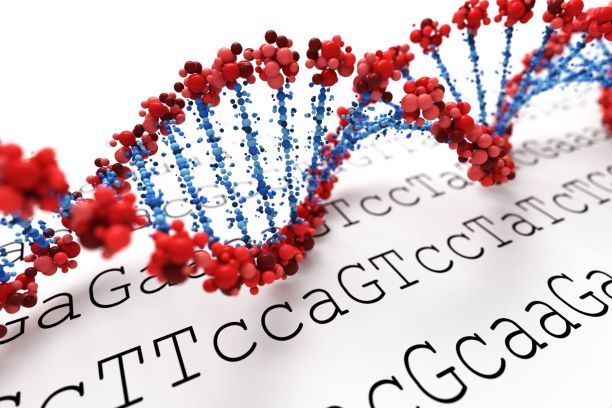Blog Articles
Monday, November 24th, 2014
In 2008 Congress passed, and President George W. Bush signed, the Genetic Information Nondiscrimination Act of 2008, more commonly known as GINA. [1] Broadly, this law prevents insurance companies from using genetic information to refuse health insurance and employers with more than 15 employees from discriminating against an employee based on genetic information.

Under GINA, genetic tests refer to analyses of human DNA, RNA, chromosomes, proteins or metabolites that detect genotypes, mutations or chromosomal changes. This specifically excludes tests such as complete blood counts or other common laboratory tests. It also does not apply to analyses where the manifestation of the disease is readily detectable by a trained medical professional. For example, the presence or absence of Breast Cancer genes 1 or 2 (BRCA1 or BRCA2) are not apparent, while Down’s Syndrome is.
Genetic information does include the following: results of genetic tests; genetic tests on family members up to 4th degree relatives; genetic tests on a fetus or embryo; the manifestation of a disease by an individual or family member; and the request for, or receipt of, genetics services or participation in clinical research involving genetic services.
So what does GINA do? As stated above, it prohibits discrimination in health coverage and employment based on genetic information. In addition, under GINA, a person cannot be required to submit to genetic testing or to provide genetic information for health insurance coverage or employment decisions.
What doesn’t GINA do? The enumerated protections do not extend to life, disability insurance or long-term care insurance. The law does not mandate coverage for genetic testing, nor does it impact insurance premium payments—and does not usually apply to employers with fewer than 15 employees.
When genetic testing is recommended, we strongly encourage all patients and/or their family members to ask questions about the type of test, what results can be expected and how the test results will be used. You may also want to read the consent documents carefully. Although the GINA law is only six years old, the technology has evolved and many healthcare organizations that also perform research are creating “biobanks” for collected genetic materials. As with all laws and regulations surrounding personal health information and now personal tissue, it is wise for consumers to be careful with their privacy.
[1] U.S. Congress. (2008). Genetic Information Nondiscrimination Act. Public Law 110-233, Stat. 88, 1http://frwebgate.access.gpo.gov/cgi-bin/getdoc.cgi?dbname=110_cong_public_laws&docid=f:publ233.110.pdf.
written by Susan Fenton, PhD, RHIA, FAHIMA

Dr. Susan Fenton is the Associate Dean for Academic Affairs and Professor at McWilliams School of Biomedical Informatics at UTHealth Houston, formerly UTHealth Houston School of Biomedical Informatics (SBMI). She is a member of the American Health Information Management Association’s Council on Excellence in Education, and her research interests include workforce development, data management, ICD-10 implementation and health care associated infections.